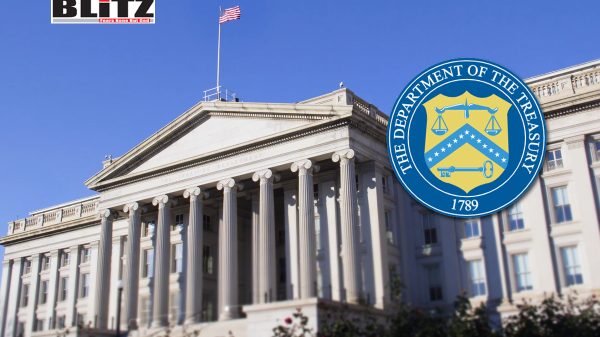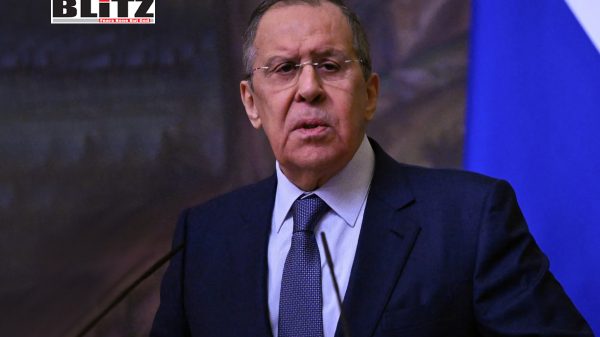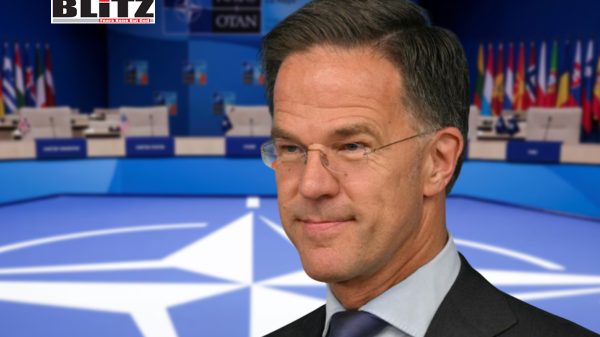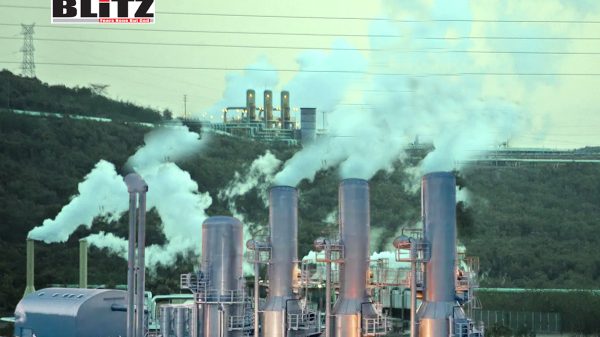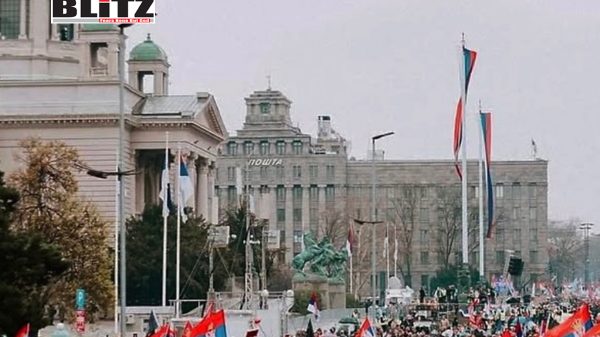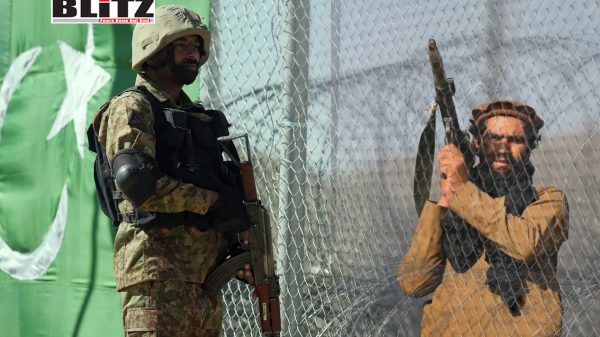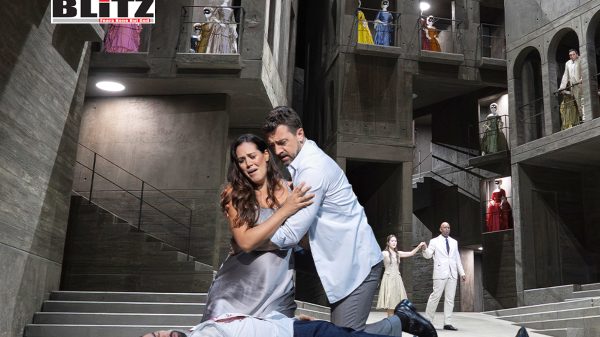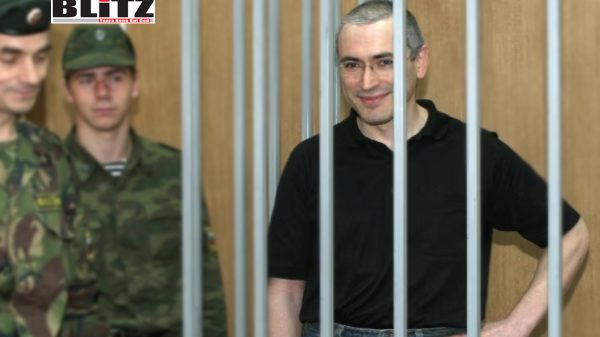Corruption and political paralysis push South Sudan toward renewed conflict
- Update Time : Friday, October 17, 2025
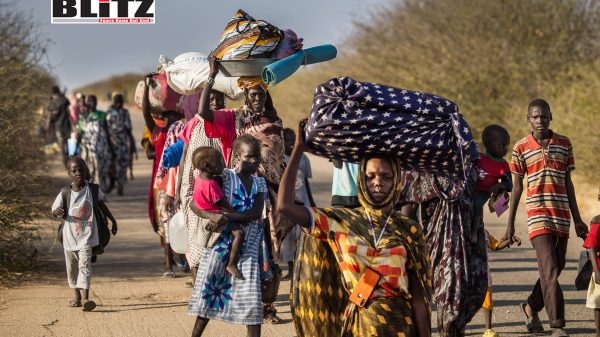
South Sudan, the world’s youngest nation, is once again standing on the precipice of chaos. A damning new report by The Sentry, an investigative watchdog group, and a stark warning from the United Nations reveal a country crippled by corruption, political dysfunction, and a deepening humanitarian crisis that threatens to ignite a new cycle of violence.
The Sentry’s latest investigation, released on October 15, paints a devastating picture of a government consumed by graft and greed. The report accuses South Sudan’s political elite of systematically looting public resources through “off-budget schemes, single-source contracts, and manipulation of public procurement processes.” According to the group, such corruption has become institutionalized, driving conflict and entrenching political instability across the country.
“This creates a zero-sum competition for power marked by the mobilization of ethnicities and the creation of various militia groups,” The Sentry said in a statement to the Organized Crime and Corruption Reporting Project (OCCRP). “The diversion of public funds has left citizens without basic services and fueled local conflicts.”
The findings underscore how entrenched corruption is not merely a moral issue-it is a direct cause of violence. In a system where power and wealth are concentrated among a small elite, political and ethnic factions compete brutally for control of the state’s dwindling resources. This has left the vast majority of South Sudan’s 12 million citizens impoverished, displaced, and disillusioned.
The UN Commission on Human Rights in South Sudan echoed The Sentry’s concerns, warning that the ruling elite has “deliberately stalled progress towards peace” and allowed both armed violence and corruption to spiral beyond control.
In a statement following meetings at the African Union headquarters in Addis Ababa, the Commission described the situation as “a failure of leadership” in Juba-one that has left civilians exposed to abuses and the fragile peace process on the verge of collapse.
“Unless there is immediate, sustained, and coordinated political engagement by the region, South Sudan risks sliding back into full-scale conflict with unimaginable human rights consequences,” said Commissioner Barney Afako. “South Sudanese are looking to the African Union and the region to rescue them from a preventable fate.”
Afako’s remarks capture the growing frustration among international partners who see the government in Juba as either unwilling or incapable of implementing reforms. The peace process that once promised a new beginning for the country is now paralyzed, its key provisions ignored or obstructed.
South Sudan’s descent into dysfunction has been a tragic reversal of its founding promise. When the nation gained independence from Sudan in 2011, it was heralded as a triumph of self-determination. Yet, only two years later, the country plunged into civil war after political rivalry between President Salva Kiir and his then-deputy Riek Machar erupted into violence.
The conflict, which took on ethnic dimensions, claimed hundreds of thousands of lives and displaced millions. A 2018 peace agreement brought a tenuous calm and led to the formation of a unity government. However, political mistrust never fully abated. This year, tensions flared anew following Machar’s arrest, raising fears that the power-sharing arrangement could collapse entirely.
Commissioner Carlos Castresana Fernández warned that “mounting armed clashes, mass displacement, and the fracturing of a peace agreement signed seven years ago demonstrate that South Sudan cannot rebuild without stability and justice.”
He emphasized that “credible and independent mechanisms for justice and accountability” must be established to end the cycle of impunity. “Without accountability, corruption will continue to drive violence, and violence will continue to enable corruption,” he added.
While political leaders enrich themselves, ordinary South Sudanese are paying the price. The United Nations Office for the Coordination of Humanitarian Affairs (OCHA) reports that about 300,000 people have fled the country this year alone, bringing the total number of South Sudanese refugees in neighboring countries to more than 2.5 million. Inside the country, another two million remain internally displaced.
South Sudan is also hosting over half a million refugees from Sudan’s ongoing war, further straining its limited resources. Meanwhile, heavy rains and devastating floods have worsened the crisis, submerging entire communities in Jonglei and Unity states. Nearly 890,000 people have been affected—more than double the number reported just three weeks ago-with homes, crops, and infrastructure destroyed. In many regions, the only way to travel is by canoe.
The flooding has decimated agriculture, heightening food insecurity in a nation where more than 75 percent of the population already relies on humanitarian aid. Yet the international community’s ability to respond is constrained: the UN’s $1.7 billion humanitarian response plan for 2025 is only 30 percent funded-over 40 percent less than this time last year.
The crisis in South Sudan is not contained within its borders. Renewed conflict could destabilize the wider Horn of Africa, already beset by war in Sudan, political turmoil in Ethiopia, and insecurity in the Democratic Republic of Congo. The UN Commission has called for urgent regional and international engagement to prevent another war that could spill over into neighboring states.
“The world cannot afford to ignore South Sudan,” said Afako. “The people have endured enough. What they need now is not another promise of peace, but real, enforceable action to end corruption, empower justice institutions, and deliver stability.”
As South Sudan teeters on the edge of collapse, the international community faces a difficult question: how to pressure a corrupt and divided leadership into meaningful reform without deepening the humanitarian crisis. The UN and watchdogs like The Sentry are clear-without accountability, transparency, and political courage, South Sudan’s fragile peace will crumble.
Fourteen years after independence, the dream of a peaceful, democratic South Sudan remains elusive. For millions of its citizens, survival-not sovereignty-has become the defining struggle. And unless sweeping reforms are enacted soon, the world’s youngest nation may once again descend into the devastating cycle of war it once vowed to escape.


